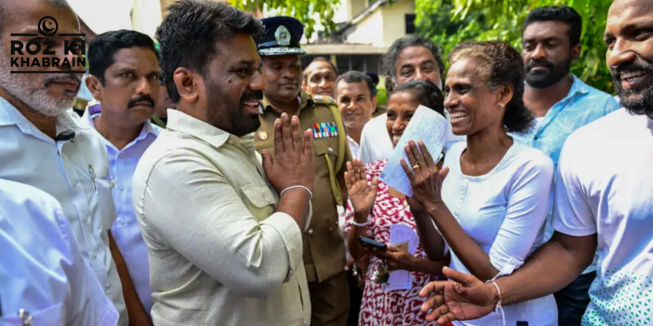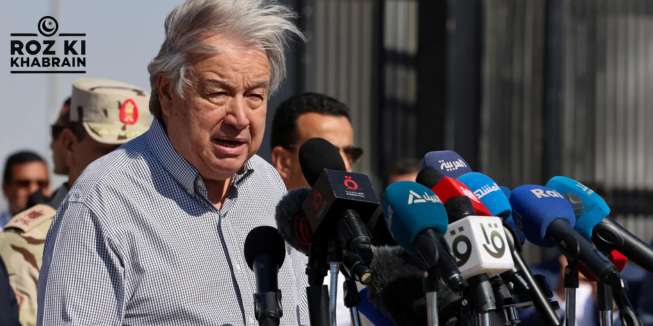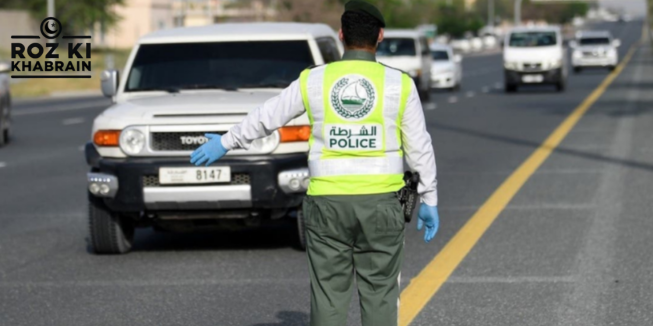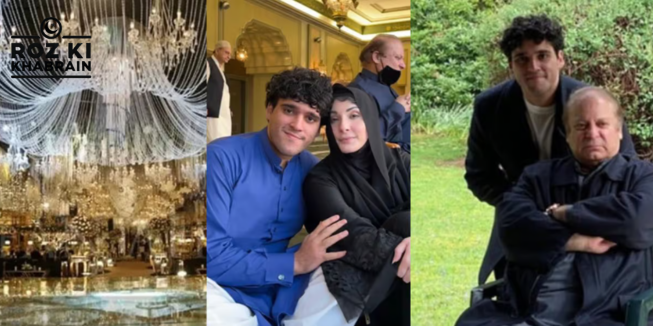Sri Lankans delivered a resounding victory to Anura Kumara Dissanayake in a snap general election, granting the left-leaning president enhanced legislative authority to implement policies aimed at reducing poverty and tackling corruption as the nation recovers from an economic collapse.
Dissanayake, a political outsider in a country long dominated by family-run political dynasties, secured a decisive win in the presidential election in September. However, his Marxist-leaning coalition, the National People’s Power (NPP), had previously held only three of the 225 seats in parliament. To gain a stronger mandate, Dissanayake dissolved the parliament and called for fresh elections.
In Thursday’s snap election, the NPP clinched 107 seats, securing nearly 62% of the vote, which amounted to approximately 6.8 million votes. This victory propelled the coalition past the majority mark in parliament, with a two-thirds majority now within reach.
Under Sri Lanka’s proportional representation system, voters directly elect 196 members to parliament across 22 constituencies, while the remaining 29 seats are allocated based on the island-wide proportion of votes each party receives.
Dissanayake, speaking after casting his vote, called the election a pivotal moment for Sri Lanka, expressing confidence in his coalition’s mandate to form a strong parliament. “This marks a shift in Sri Lanka’s political culture that began in September and must continue,” he stated.
While celebrations were subdued, a handful of NPP supporters set off fireworks in the outskirts of Colombo. Over 17 million Sri Lankans were eligible to vote, with a record 690 political parties and independent groups contesting across 22 electoral districts.
The Samagi Jana Balawegaya (SJB) party, led by opposition figure Sajith Premadasa, came in second with 28 seats and 18% of the vote. The New Democratic Front, backed by former President Ranil Wickremesinghe, secured just three seats.
Sri Lanka typically supports the president’s party in elections held shortly after a presidential vote. While the president holds executive power, Dissanayake still requires a parliamentary majority to appoint a full cabinet and deliver on key promises, including tax cuts, support for local businesses, and poverty alleviation. He also intends to abolish Sri Lanka’s controversial executive presidency, which will require a two-thirds majority in parliament.
The nation of 22 million people is slowly recovering from a severe economic crisis in 2022, which was triggered by a foreign currency shortage that led to a sovereign default and caused the economy to shrink by 7.3% in 2022 and 2.3% in 2023. Thanks to a $2.9 billion bailout from the International Monetary Fund (IMF), Sri Lanka is seeing a tentative recovery, but the high cost of living remains a major concern, especially for the poor.
Dissanayake plans to revise the IMF’s targets for income tax, redirecting funds to welfare programs for the millions who were hit hardest by the crisis. However, his proposals to renegotiate the terms of the IMF bailout have raised concerns among investors, who fear that any delays in future disbursements could hinder Sri Lanka’s ability to meet the IMF’s primary surplus target of 2.3% of GDP in 2025.




